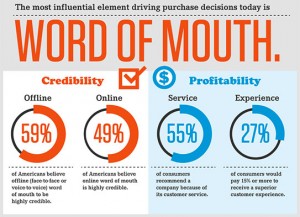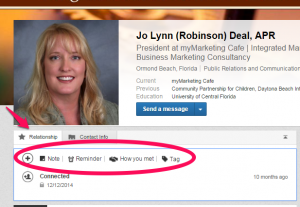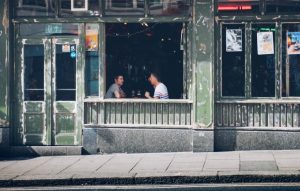While nearly 80% of the country supports ongoing shutdown measures related to the COVID-19 pandemic, there is a growing minority of U.S. citizens and small business owners that want to open up shop. No one will say that this process has been well-managed or easy. Every business is facing significant difficulties as a result of the pandemic. However, reopening your business too early could be worse for small businesses and employees.
Just because the government says it’s time to reopen, it doesn’t mean that you’ll have customers running through your door. The threat is still real, even if people choose to downplay it. Customers may have lost their own jobs and tighten their purse strings as a result. You cannot force customers to come to visit your restaurant or shop no matter how many air purifiers and hand sanitizer stations you invest in. If you don’t have customers, you don’t make money.
Businesses have costs, regardless of whether there are sales. Rent, electricity, water, internet, employees, supply costs, food costs, and more. Some of these expenses business owners have to pay regardless of being open, while others you can avoid.
Let’s say a restaurant decides to reopen its dine-in service, re-hire its furloughed employees, and take some precautions, such as operating at 50% capacity and wearing surgical masks (that do not stop the spread of COVID-19).
The restaurant has to buy food and pay employees, even if there aren’t any customers. There needs to be a certain amount of perishable inventory purchased, even if restaurants choose to only offer limited menus to mitigate some of this. Food will need to be thrown away and replaced if customers don’t order it. Staying shut while there isn’t demand reduces these costs.
Most restaurants operate at narrow margins, like other types of businesses. In some restaurants, this is only 10% to 30%, depending on food costs. Could a restaurant survive financially operating at 50% capacity and be profitable or pay staff and vendors? (Filling 50% of seats isn’t likely, anyway).
Employees in the restaurant industry largely earn money on tips. If they don’t receive tips because there aren’t customers, owners must pay them the difference up until their pay equals the minimum wage. This means that the wait staff is putting their own life at risk for very little money. In many cases, they will no longer receive unemployment if their employer opens up again. While this is great for the government paying these benefits, it isn’t best for employees or employers, who will use up more of their cash reserves and potentially go out of business as a result.
Also, what legal problems might your company face if someone actually catches COVID-19 at your business? A customer who believed in your marketed safety measures gets sick and dies, with your business being the only one they visited. Or a cluster appears from dozens of customers who visited the same day.
What happens if an employee you force to work gets sick and dies? What kind of legal action might their family take against your company? Could you survive that?
There’s this way people choose to cope by dismissing their own risk level. “I’m healthy,” they say, “so I won’t die.” Some healthy people die, too. The cases aren’t (yet) as high as were possible because more than 90% of the U.S. populace was ordered to stay home. Another problem is the instant gratification. People don’t see the immediate result of their actions, as you may not show symptoms until 2 weeks later.
No one is expecting you to stay alone, closed for business for 18 months until researchers develop and manufacture an effective vaccine for mass-distribution or enough people to survive the disease to develop herd immunity. However, we don’t have the infrastructure in place yet for testing and mitigation yet (led by a poor government response, in part).
It will take time for businesses to get back to “normal.” The concept of normal may never be the same again. Yet, businesses will survive.
We are not the first to go through a pandemic and we will not be the last. Hopefully, we can learn what we can from this situation to protect our businesses and lives during the next one.
P.S. All hope isn’t lost. There are still things that companies can do to survive this period. Some ideas:
- Update your website
- Invest in SEO
- Schedule an obscene amount of social media posts
- Invest in marketing
- Pivot to new and/or digital offerings
Business & Finance Articles on Business 2 Community
(45)





